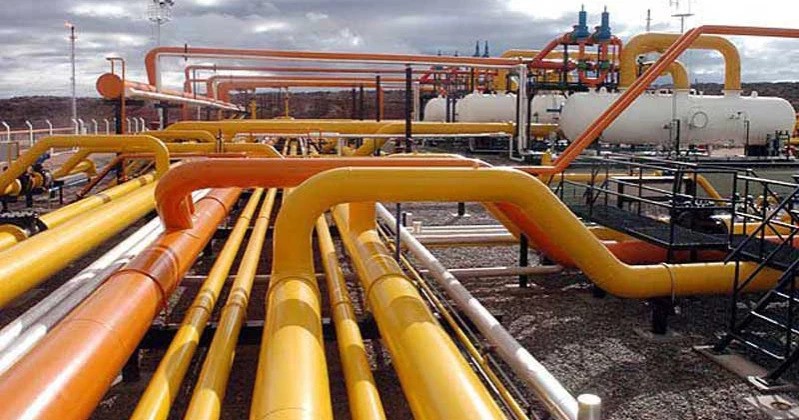Bangladesh’s first underground fuel oil pipeline, set to begin commercially pumping diesel from Chattogram to Narayanganj, will reduce system loss to 0.05% from the current 0.17%, according to officials at the Bangladesh Petroleum Corporation (BPC).
Diesel previously transported from Patenga to Narayanganj depots took more than 48 hours by vessel or road carrier, with losses including theft. The new pipeline will deliver fuel in just 12 hours, BPC Chairman Aminul Ahsan told TIMES of Bangladesh.
“System loss at its peak will be contained at 0.05%, in line with international petroleum industry standards. We will reduce it further,” he added.
The 241.28-kilometre pipeline will transform the country’s fuel distribution network by lowering costs, reducing delivery time, and improving supply security. It will carry 260 to 280 tonnes of diesel per hour to the Godnail depot in Narayanganj in an environmentally friendly and cost-effective manner.
Its annual transportation capacity is 2.7 to 3 million tonnes, with provision to expand to 5 million tonnes. Annual demand for diesel in the Dhaka region is between 1.5 and 2 million tonnes, and BPC plans to pump 2 million tonnes annually through the pipeline initially.
The state-owned fuel oil corporation supplies around 6 million tonnes of fuel annually, of which 4.6 million tonnes are diesel. Test runs began in February, with trial commercial operations starting on 22 June.
BPC officials said that after resolving minor technical issues, five crore litres of diesel have already been transported without any system loss.
BPC estimates the facility will reduce annual diesel transportation costs from Tk 326 crore to Tk 90 crore, saving more than Tk 230 crore, and prevent wastage of at least 2,500 tonnes of diesel a year worth around Tk 30 crore.
Fuel oil is currently moved from Chattogram to other regions by rail, road, and waterways, requiring more than 110 vessels a month. These methods involve higher costs, pilferage, and seasonal disruptions due to reduced navigability. The new pipeline aims to ensure an uninterrupted supply to Cumilla, Dhaka, and the northern region during adverse weather, with future expansion to other areas.
The project began in 2018 with an initial budget of Tk 2,861 crore approved by the Executive Committee of the National Economic Council for completion in December 2020. Delays extended the timeline and raised the cost to Tk 3,699 crore. It was funded by BPC and implemented by the Bangladesh Army’s 24 Engineering Construction Brigade.
The infrastructure includes a 16-inch diameter pipeline from Chattogram to Godnail, an 8.29-kilometre 10-inch pipeline from Godnail to Fatullah, and nine stations along the route, crossing 22 rivers and canals, requiring 286.88 acres of land.
Three storage tanks with a combined capacity of 90,000 tonnes have been installed for BPC’s marketing companies—Padma, Meghna, and Jamuna. A modern automatic depot has been built in Mogbari, under Cumilla’s Barura upazila, to facilitate supply from Chattogram via Feni, Cumilla, Chandpur, and Munshiganj.
The inauguration ceremony at the Dispatch Terminal in Patenga will be led by Power, Energy and Mineral Resources Ministry Adviser Faozul Kabir Khan, with Energy and Mineral Resources Secretary Mohammad Saiful Islam and Bangladesh Army Engineer-in-Chief Major General Hasan-uz-Zaman in attendance.


